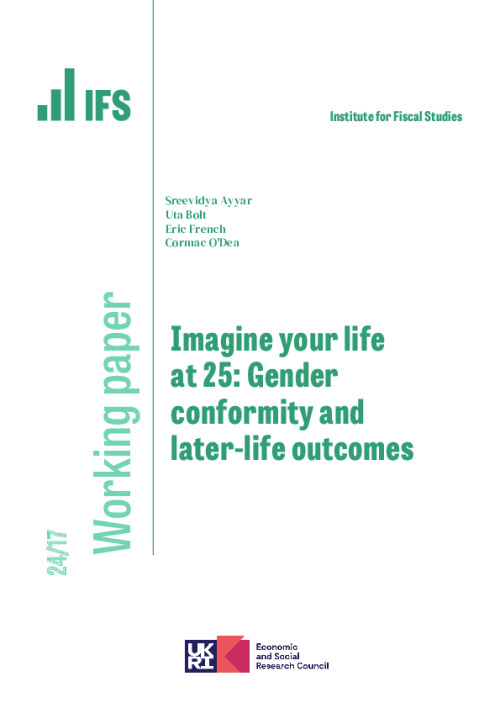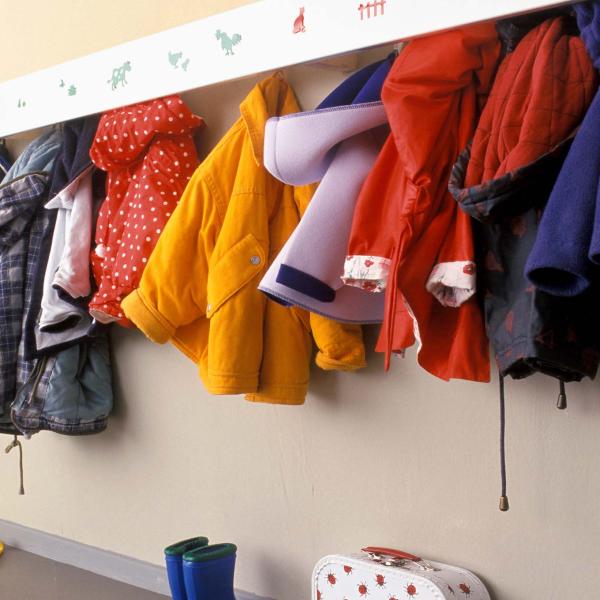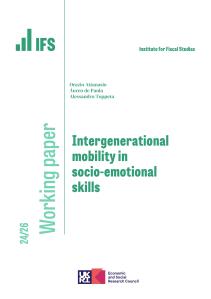Downloads

Download Working Paper here
PDF | 3.36 MB
Using a digitized sample of thousands of essays written by 11-year-olds in 1969, we construct an index which measures the extent to which girls’ imagined futures conform to gender norms in Britain at the time. We link this index to outcomes over the life-cycle. Conditional on a large set of age-11 covariates, a one standard deviation increase in our index is associated with a decrease in lifetime earnings of 3.5%, due to both lower wages and fewer hours worked. Half of this earnings decline is mediated by reduced educational attainment, selection into lower-paid occupations, and earlier family formation of those who conform more strongly to prevalent gender norms. Holding skills constant, girls whose essays conform less to gender norms, live in regions with higher female employment and educational attainment. This highlights that the wider environment in which girls grow up shapes gender conformity.
Authors

PhD Candidate London School of Economics

Research Fellow University of Bristol
Uta is an IFS Research Fellow and University of Bristol lecturer with an interest in the development of inequalities over the lifecycle.

CPP Co-Director
Eric is the Montague Burton Professor of Industrial Relations and Labour Economics at the University of Cambridge and Professor of Economics at UCL.

Research Associate Yale University
Cormac is a Research Associate of the IFS, an Assistant Professor of Economics at the Yale University and Research Fellow at the NBER.
Working Paper details
- DOI
- 10.1920/wp.ifs.2024.1724
- Publisher
- Institute for Fiscal Studies
Suggested citation
Ayyar, S et al. (2024). Imagine your life at 25: Gender conformity and later-life outcomes. 24/17. London: Institute for Fiscal Studies. Available at: https://ifs.org.uk/publications/imagine-your-life-25-gender-conformity-and-later-life-outcomes (accessed: 30 June 2024).
Datasets used
More from IFS
Understand this issue

Sure Start achieved its aims, then we threw it away
15 April 2024

What is the two-child limit in benefits?
27 June 2024

If you can’t see it, you can’t be it: role models influence female junior doctors’ choice of medical specialty
24 April 2024
Policy analysis

Free breakfast clubs in schools: what Labour’s plans would mean for pupils and families
25 June 2024

Labour’s plans to build childcare spaces in schools will nudge the market in a different direction – but not transform it
9 June 2024

How do the last five years measure up on levelling up?
19 June 2024
Academic research

The intergenerational elasticity of earnings: Exploring the mechanisms
3 June 2024

Intergenerational mobility in socio-emotional skills
5 June 2024

Targeting men, women or both to reduce child marriage
28 May 2024